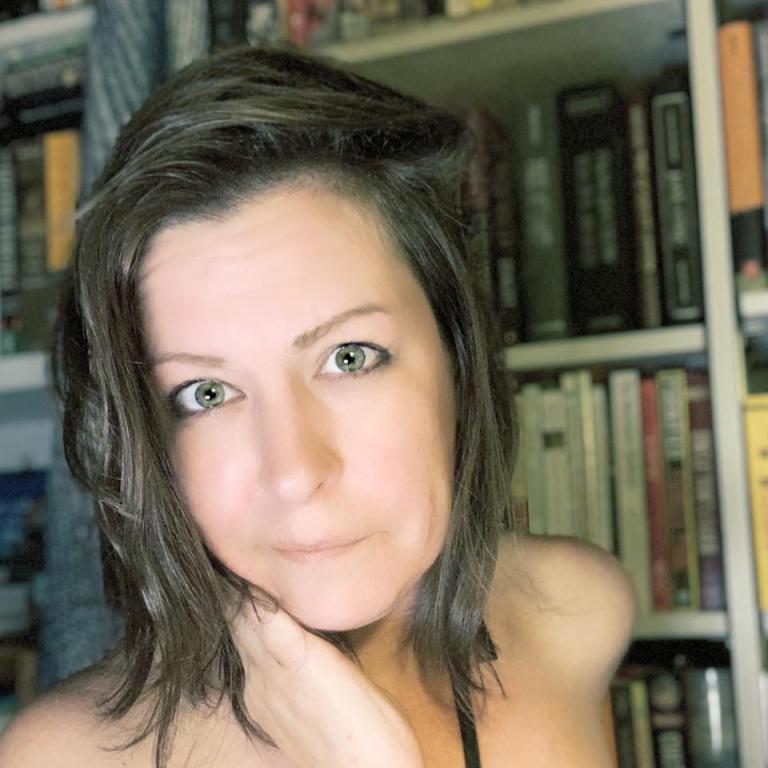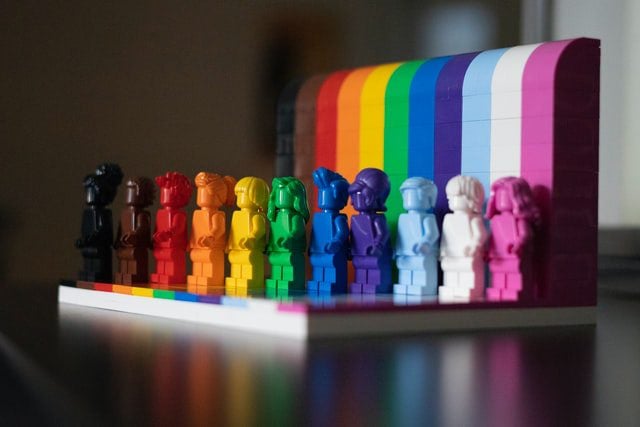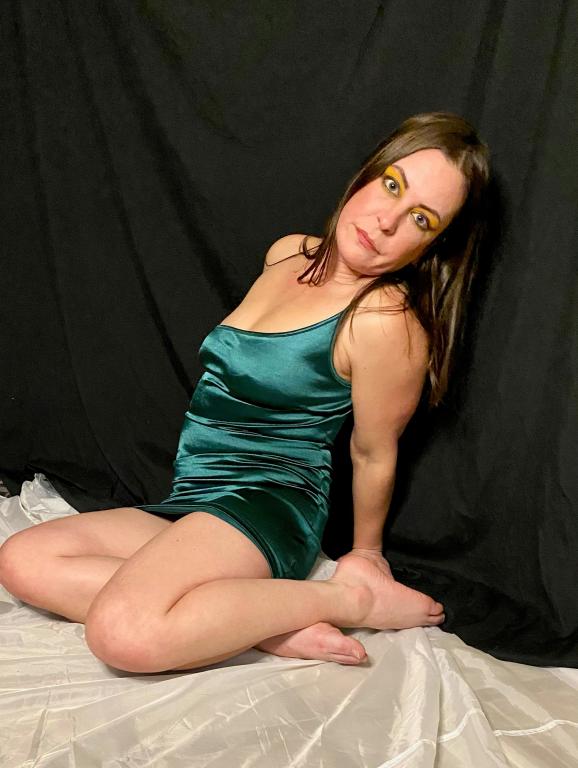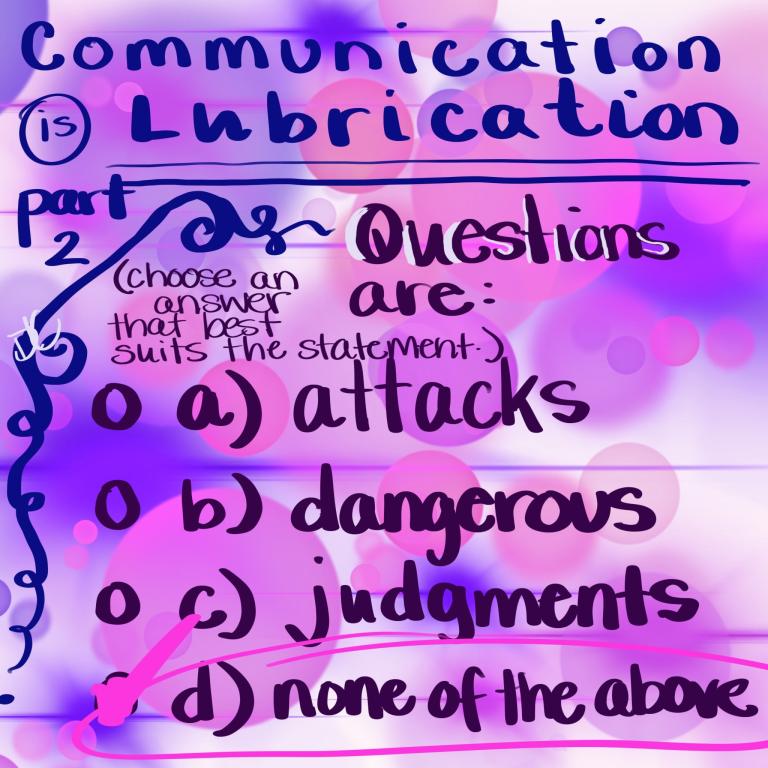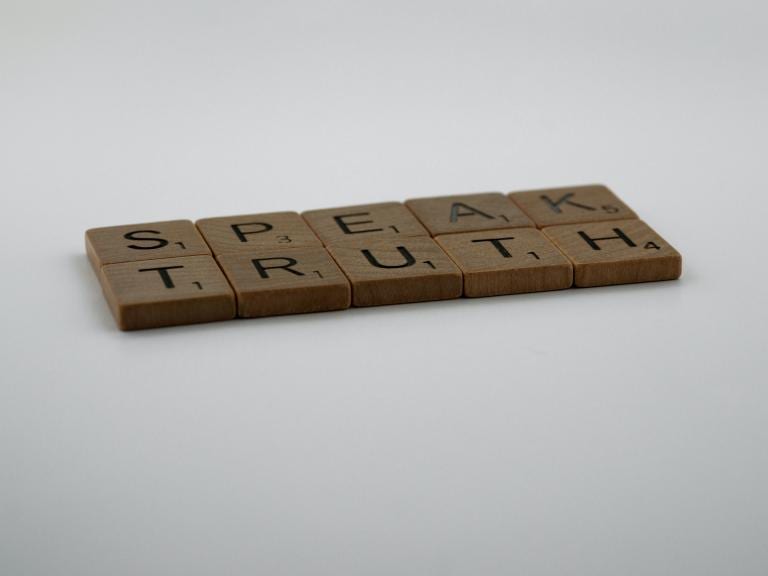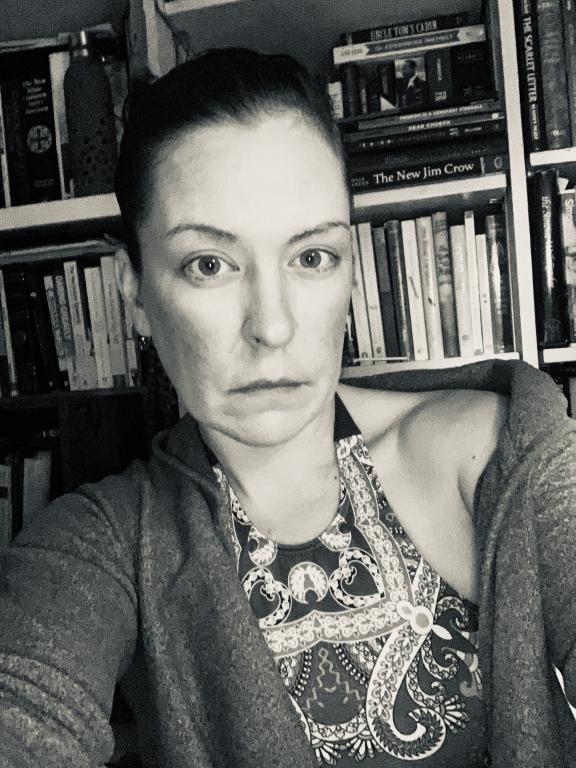
Can we get to the point where we realize that we cannot pick our skin tones? And from there, can we then remember that my skin color doesn’t necessarily mean that I couldn’t possibly understand what life is like for another?
Maybe we ought to stop equating “understanding” to “experience”. Let’s clarify that when I say I understand you, I don’t mean that everything you have just told me has been internalized in such a way that I am walking around as if I get what it’s like to be you. I can fully understand you and your experience even if I can’t live it. The only way I can understand, however, it is if I am willing to grant space for you to share your experience with me. Then, I can empathize. I can translate what you have gone through into images and words that I understand and then relate that to something I myself have encountered. I can then recall those feelings and then share space for your feelings, because I understand those feelings, because I have lived them in my own way.
Does that make sense?
That’s literally all we can do for anyone, ever. We can translate experiences to understanding and that understanding can create empathy. That understanding connects us. That connection is the little message that says: “You and I are the same in God’s eyes. You and I are the same- human. You and I both experience a reality that we were not prepared for and have no idea how to navigate through.”
Yes, I know I will never know what is like to be black, or brown, or copper, or gold. I will never know what it’s like to be a man, or gay, or trans. I will never know what it is like to be tall. I will never know what it is like to be African or Russian or Chinese or Hawaiian or Australian.
But guess what? You will never know what it is like to be ME. You will never know it from within, fully or absolutely. You will never experience my life or my feelings or my thoughts or my pain, firsthand. You don’t know how it feels to be me, but you do know how feeling feels.
Does that mean that you shouldn’t ever try to understand me?
Does that then mean I should never try to understand another?
The question is: Can I empathize with you, healthily, in such a way that the knowledge I now have of your experience has expanded my experience? And from there, does it change me and my perspective? Does it shift my own reality? Does it transform me?
It’s through empathy that my understanding is encapsulated. Isn’t that the human goal? To understand the other by empathizing with the other so that we can connect and learn from one another? And if we are learning from one another, doesn’t that give us more of an opportunity to share that information with others, and effectively, so long as the empathy is passed along with the information; teach others to be more loving? Isn’t that the goal? Isn’t that the cure for ignorance, prejudice, and hatred? Isn’t that the remedy to the infection of evil? Love?
Yet, instead of love and instead of grace, we are saying “that love wasn’t good enough.” The love wasn’t given fully, only partially, and only so long as conditions were met.
That grace cannot be extended without conditional and subsequent corrections is a demonstration of how much we miss the mark, especially those who espouse a Judeo-Christian belief. Forgiveness precedes repentance.
One can relate to the other without having lived their exact experiences. It is possible. It’s how billions of people can engage in relationships across the globe. No one, no matter how much they look like one another, even if they are identical twins, will ever know what it’s like to live the life of another. Each experience is unique.
I understand that skin tone plays a part in how others are treated. I understand language usage can play a part in how others are treated. I understand that religion can play a part in how others are treated. We all have ways in which we can prejudge another before we understand another and when we do that, our treatment of others is not good.
But that’s just an excuse to be an asshole. That’s just an excuse to remain in ignorance. That’s just a clever way that we can justify scapegoating and complaint culture. The truth is, unless we are willing to look inside ourselves to see what actions we can take, independently; what language translations we could use, which behaviors we can alter to start seeing people as people and not labels or identifying categories; we are never going to see change in the world.
We spend more time finding others to blame that no one wants to take accountability for their own part in the chaos that we live in.
We have been given the gift of discernment, but with such a gift, comes a terrible price to pay if we don’t put that gift to work for good. We end up unwrapping judgment and judgment is best reserved for the self. And surprise! We already do that all the time. It’s just that we project it on others when we ought to be using the gift of discernment.
Identifying what we see is one thing. We need to translate the images and words and actions we see take place. It is how our brain tells us what we are looking at. But we don’t need a bias filter over the lens. And that’s the fallen nature of humanity that we are called to overcome.
We want so much to solve the problem of racism. We want so badly for others to just see everyone as One. The desire for correction is indeed noble. But it’s also dangerous. A yearning that strong can quickly turn into an obsession and without a mechanism to contain our desires, our lust for change becomes dangerously compulsive and impulsive.
We want white people to stop being racist. I get that. Me too. And if I say I want all people to stop being racist, I am discrediting the priority message. So, I’m not supposed to include all. But that leaves a conundrum for me. God wants all to be saved. God wants all to love and extend grace. God wants all people to hear the message of grace and love and hope. So why can’t I want for all people?
Just a side thought…
Look, I cannot change my skin color. I cannot change where I was born. I cannot change one thing that I have experienced in my life. It all already happened. It’s the past. I cannot change the past.
What I can do is take from my past and apply it to my now. I can expand my experience by incorporating new experiences into my life, as well as listening to others share their experiences with me. It’s too late for me to be in their experience of the past. It’s the past.
But I can be in another’s now, listen to them share their story, and instantly have an amplified understanding of something bigger than just my own reality. That’s how it works. When we are willing to listen to others, when we are willing to create space for the experience of the other, we can be transformed by it.
Transformation on an individual level is the only thing that will ever act as a remedy to the ailment. It’s a full mind, body, spirit experience. It’s not just words. It’s not just images. It’s not just connections. It’s all three, and more.
It will take much more than just outrageous outbursts of reactionary rhetoric to combat evil. Evil must be confronted face-to-face, and we can start by looking in the mirror. All of us.

